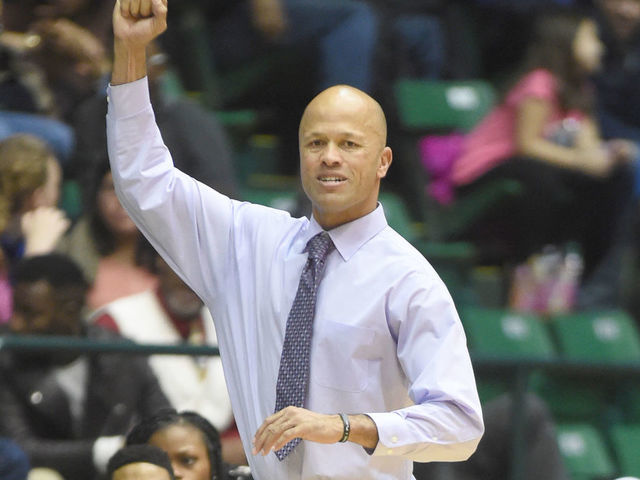In this environment of limited educational funds, stable leadership is the key to ensuring the health of any university. However, unsteady leadership acutely impacts historically Black colleges and universities (HBCUs). With the recent departure of Alcorn State University’s former president, M. Christopher Brown, another HBCU has seen a change in leadership. Unfortunately, some of these leadership changes have been marred in scandal.
As an Alcorn alumnus, I am very concerned with Brown’s unexpected departure. The Institutions of Higher Learning (IHL), Mississippi’s public college and university governing body, is investigating Brown’s purchasing practices. In addition, the IHL is planning a search for Alcorn’s next president. During the search process, my No. 1 question is: How can alumni work with IHL to assist in finding the best candidates?
Traditionally, HBCU presidential candidates have moved from leadership positions at other HBCUs. Also, they have traditionally been alumni of HBCUs or minority serving institutions (MSI). In the past, that was a good formula for the HBCU seeking a new president. However, it leaves one HBCU without leadership while another one gains from their loss. This situation presents an opportunity to expand the leadership search outside the ranks of the traditional HBCU community.
Within the last few years there are some HBCU presidents that have switched institutions and left their previous schools in better shape than they left them. Presidents like Walter Kimbrough at Dillard and Ronald Mason Jr. of the Southern University System improved Philander Smith and Jackson State University, respectively. They represent the type of leadership that Alcorn should be looking for.
In addition to identifying candidates with the qualities of Kimbrough and Mason, the IHL and alumni should also seek candidates like Michael Sorrell of Paul Quinn College. Sorrell has been the leader of Paul Quinn College since 2007 and has moved the college from an unstable situation to solid financial and academic footing. Both Sorrell and Kimbrough represent new HBCU leaders who are not HBCU alums, which points to the fact that governing bodies and alumni should seek to find the best candidates for leadership positions wherever they are.
In addition to the examples above, HBCUs should also actively look for women to fill their top administrative positions. Recently, Gwendolyn Boyd was selected as president of Alabama State University, and Elmira Mangum was chosen at Florida A&M. Boyd has had a long career as an engineer and administrator at Johns Hopkins University. There are many other women who have successfully navigated the academy, business and government. By not effectively tapping into the many women who are leading our country, HBCUs are missing powerful and innovative leaders. The lack of women leadership is especially troubling given thatwomen make up the majority of the collective HBCU student body.
As for Alcorn, I would like to see a slate of candidates that come from diverse leadership backgrounds. Some universities have pulled leaders from cabinet members of the White House, federal or state government agencies or national organizations. Like all institutions, HBCUs deserve to be able to identify and consider the best pool of presidential and administrative leadership available.
If HBCUs are going to maintain their legacies, grow their roles in educating young people and provide a talented workforce for the world, HBCUs have to acquire solid, ethical leadership. The type of leadership that leaves Alcorn in a better state than he or she found it.
Caleph B. Wilson, PhD is a biomedical sciences postdoctoral fellow at Perelman School of Medicine at the University of Pennsylvania and co-founder of the National Science and Technology News Service. Follow him on Twitter: @HeyDrWilson



